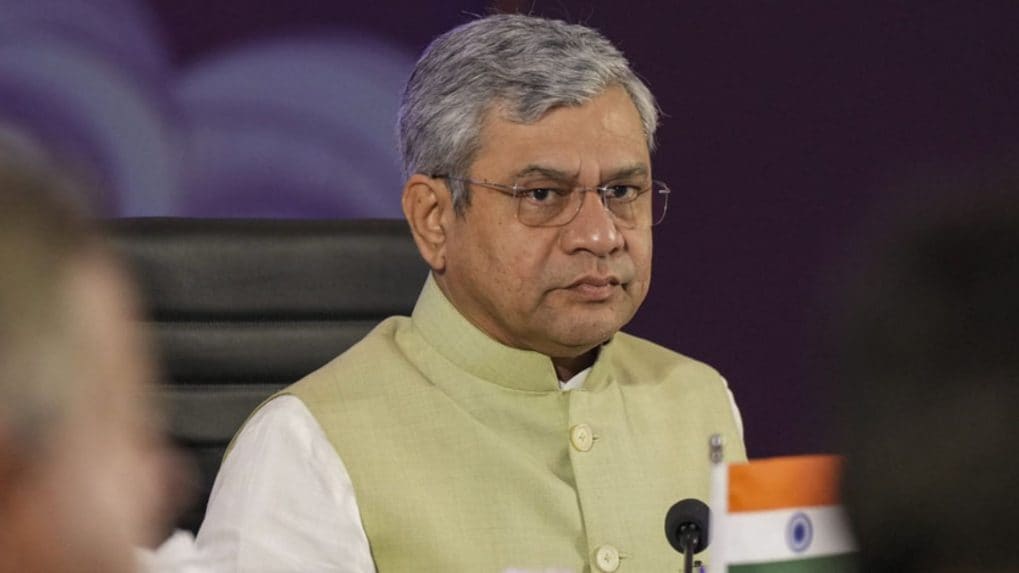DPDP Act aligns RTI with Right to Privacy: Union Minister Ashwini Vaishnaw
The controversy stems from the modification of Section 8(1)(j) of the RTI Act, 2005, which critics allege dilutes the scope of information that can be accessed under the transparency law.
ADVERTISEMENT
The Union Government on Wednesday defended amendments made to the Right to Information (RTI) framework under the Digital Personal Data Protection (DPDP) Act, 2023, amid criticism from activists and legal experts that the changes could weaken India’s transparency regime.
Responding to a Starred Question in the Lok Sabha, Minister for Electronics and Information Technology Ashwini Vaishnaw clarified that the amendments were aimed at striking a balance between the citizens’ right to privacy and their right to access information.
The controversy stems from the modification of Section 8(1)(j) of the RTI Act, 2005, which critics allege dilutes the scope of information that can be accessed under the transparency law. Opponents argue that the amendment could lead to more denials of information requests, eroding the RTI’s effectiveness as a tool for accountability.
The government, however, has maintained that the amendment codifies judicial precedents, particularly the Supreme Court’s landmark ruling in Justice K.S. Puttaswamy v. Union of India, which recognized the right to privacy as a fundamental right.
“The amendment does not restrict the disclosure of personal information; rather, it balances individuals’ privacy rights with the right to information,” the Minister said in his written reply. He emphasized that Section 8(2) of the RTI Act remains unchanged, allowing disclosure of information where the public interest outweighs potential harm.
The DPDP Act, enacted in 2023 after receiving over 22,600 public comments on its draft bill, is designed to regulate the processing of digital personal data. According to the government, the changes ensure “harmonious coexistence” of India’s transparency and privacy frameworks, avoiding potential conflicts between the two.
Civil society groups, media bodies, and transparency activists, however, continue to raise concerns, describing the amendment as a “seismic shift” that could undermine citizens’ ability to hold public authorities accountable.
The government confirmed that it has conducted “extensive consultations” with stakeholders, including media organizations, during the rule-making process of the DPDP Act. However, the details of these discussions and their outcomes were not elaborated upon in Parliament.
Vaishnaw stated, "The said amendment does not restrict the disclosure of personal information; rather, it balances individuals' privacy rights with right to information. This ensures that the transparency framework under the RTI Act and privacy framework under the DPDP Act continue to exist harmoniously, preserving the balance between transparency and privacy."
As the Act’s rules move closer to implementation, the debate highlights a growing tension between protecting individual privacy and maintaining transparency in governance — two principles seen as vital to India’s democratic framework.
Read More: ₹2,000-crore AdEx Black Hole: Meta, Broadcasters stare at RMG ban fallout


